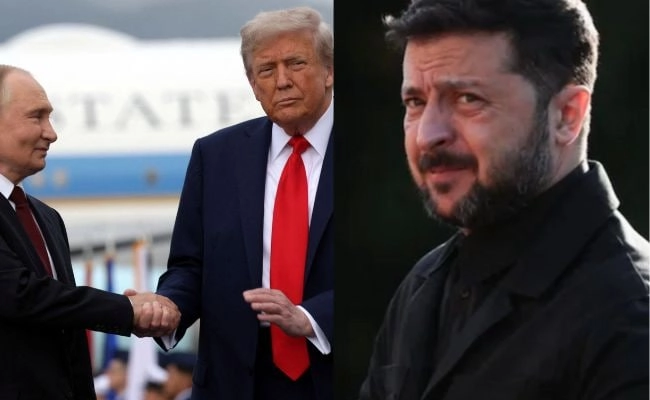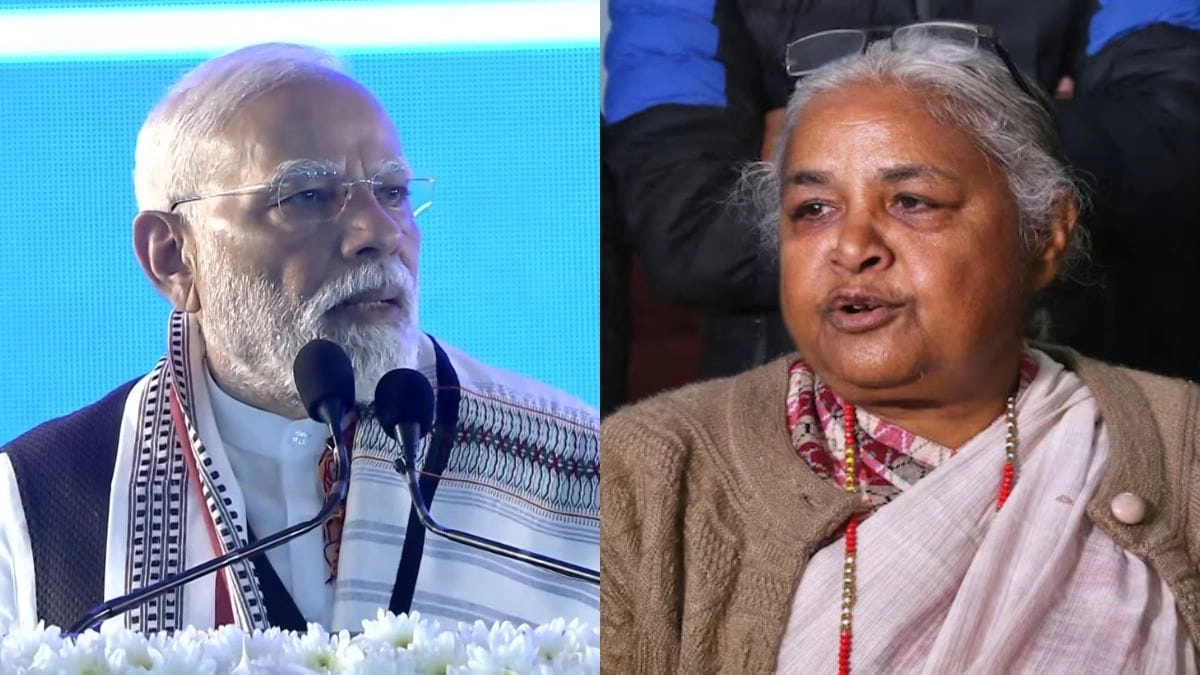Former President Donald Trump has expressed a nuanced perspective on the relationship between the United States and India, stating, “We get along with India very well, but…” This remark highlights the complexities that often accompany international relations, particularly when economic factors such as tariffs come into play. While Trump acknowledges the generally positive rapport with India, he also hints at underlying tensions that could potentially strain the partnership. Tariff disputes have been a significant point of contention, affecting trade dynamics between the two nations.
The relationship between the U.S. and India has been characterized by a shared commitment to democratic values and mutual interests, including economic growth, security cooperation, and counterterrorism efforts. However, the imposition of tariffs can disrupt this harmony, leading to retaliatory measures that may impact various industries on both sides. Trump’s comments reflect a broader concern that while diplomatic ties may remain strong, economic disagreements could pose challenges to the partnership’s long-term stability.
In recent years, both countries have sought to enhance their trade relationships, but tariffs imposed by either side can create friction. For instance, the U.S. has raised tariffs on certain Indian goods, prompting India to respond with its own tariff measures. Such actions can lead to a cycle of retaliation, complicating efforts to foster a more collaborative economic environment. Trump’s acknowledgment of the existing rapport with India, juxtaposed with the mention of tariffs, serves as a reminder that successful international relations require ongoing dialogue and negotiation.
Ultimately, while the U.S.-India relationship remains robust in many respects, it is essential for both nations to address these economic tensions proactively. Open communication and a willingness to negotiate tariff issues could pave the way for a more harmonious partnership. As global economic landscapes continue to evolve, both countries will need to navigate these complexities carefully to ensure that their friendship is not overshadowed by trade disputes.




